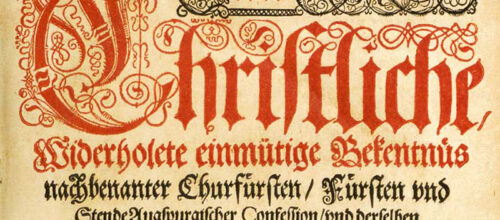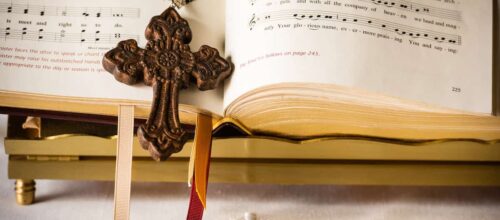CTCR Library — LCMS Polity and Policy
The LCMS Commission on Theology and Church Relations provides an introduction to the LCMS, guidelines on scriptural and confessional principles, and theological considerations for altar and pulpit fellowship with other church bodies.


